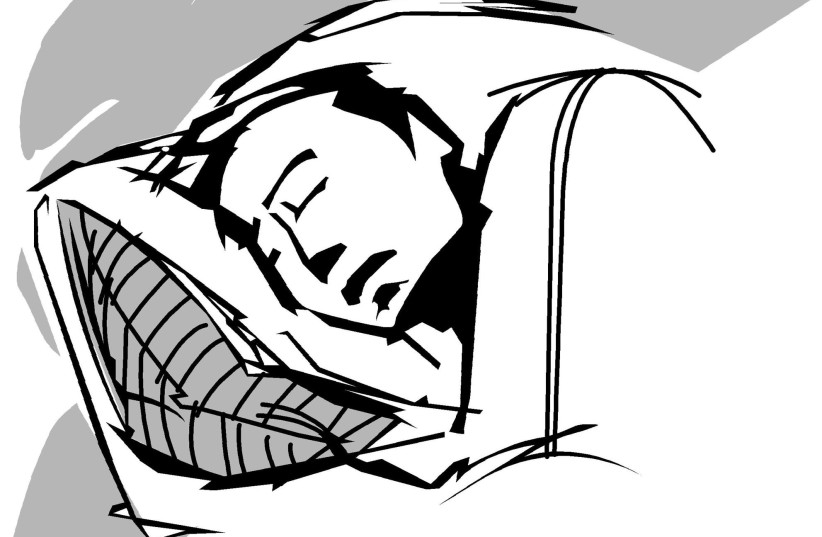Everyone wants to lose weight without much effort. Well, there's a really simple way to do it, and it's an activity you do every day: sleeping.
A random trial asked overweight young adults, who usually sleep less than six and a half hours, to try to sleep about eight and a half hours a night for two weeks. The researchers found that at the end of this short period of time, many of those who did prolong their sleep reduced their calorie intake by an average of 270 calories a day, according to the study, which was published in the peer-reviewed journal JAMA Internal Medicine. Some study participants even cut their consumption by 500 calories per day.
Researchers from the Center for Sleep Research at the University of Chicago found that eating 270 fewer calories a day will translate into a 26-kilogram drop in three years, all just by extra sleep. "A small intervention you can make to increase or maintain your sleep duration can have a significant impact on a healthy weight," they said.
One of the study's strong points was the fact that it happened in a real environment. Not in a sleep lab, and an objective urine test measured calories instead of relying on people to recall what they ate.
How does this work?
"The reward centers in the brain are more activated when they suffer from sleep deprivation, which increases the craving for carbohydrates or junk food or higher overall food intake," said Dr. Asra Tesli, the study's editor. Then there’s the problem of insulin resistance, which increases with lack of sleep and leads to weight gain. She added that several studies showed that if you did a morning sugar tolerance test for a sleepless person versus a person who slept well, you would see a pre-diabetic condition.

How hard was it for people to add more sleep to their lives? Not so hard, according to Tesli, who gave each participant an hour-long counseling session about sleep style which included reviewing people’s lifestyles, work-related limitations, family members, their charming pets, children and their sleeping routine. Tesli added that she provided suggestions for better sleep hygiene like putting electronics aside before bed.
Sleep experts recommend that each device that emits blue light - smartphones, laptops and TVs - be out of the bedroom 45 minutes to an hour before bedtime. This is because blue light stops the release of melatonin, the body's sleep hormone.
Other sleep hygiene tips include sleeping in a cool room (15 to 20 degrees celsius), avoiding spicy food and alcohol before bed and a relaxing ritual that can include a bath or hot shower, reading a book, listening to soothing music, deep breathing, yoga, meditation or light stretching. Tesli said she saw changes after just one week of the two-week sleep improvement program.
Some participants told her: "I thought I would be less productive. You give me so much time in bed, how am I going to do all the work I'm supposed to do?" And at the end of the two weeks, they kept telling her that they were more productive because they were more energetic and alert.
